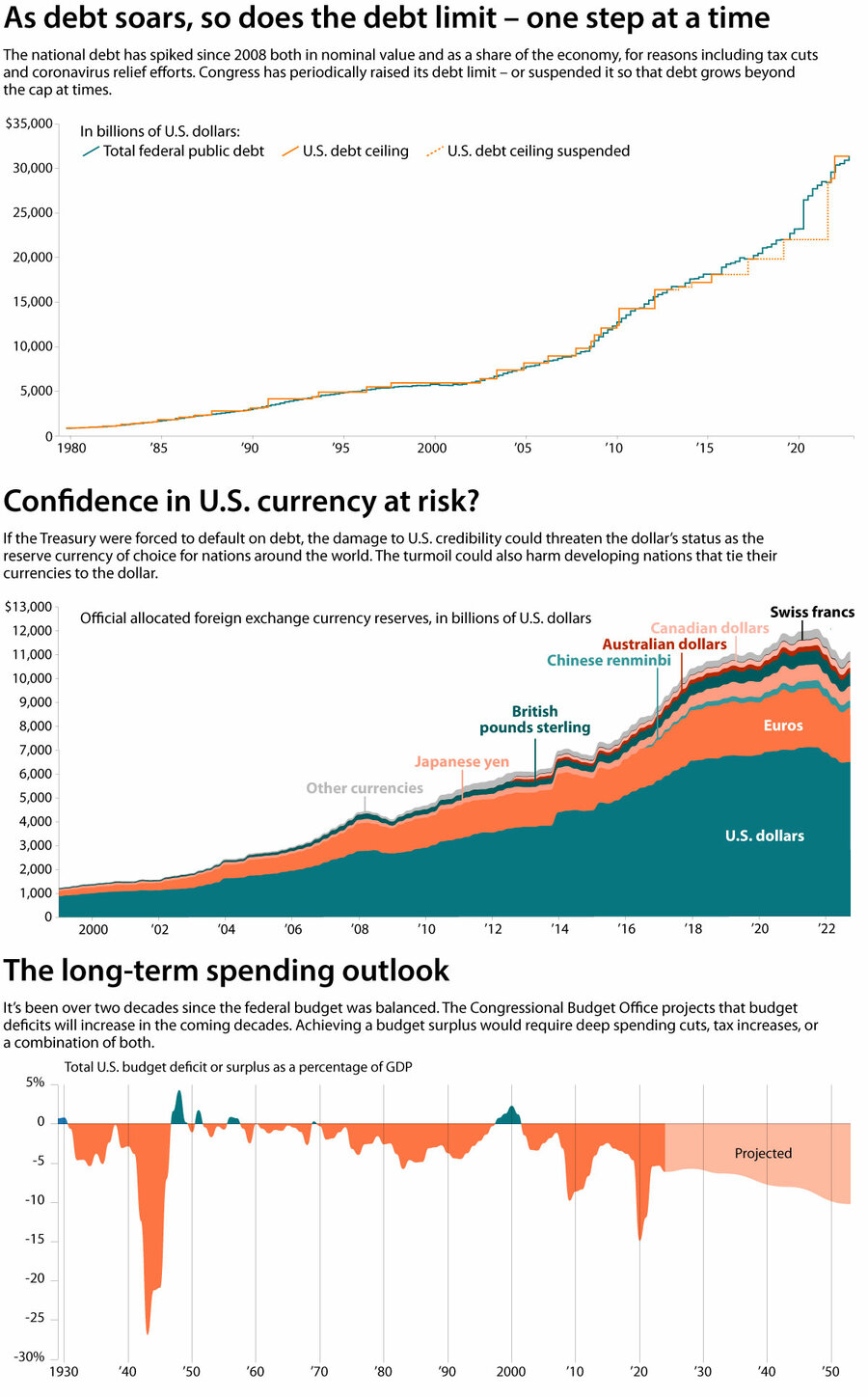With more people working at home, the U.S. office vacancy rate is at a 30-year high. That’s bad for city downtowns – and tax revenues. One partial solution: converting office space to residences.
Monitor Daily Podcast
- Follow us:
- Apple Podcasts
- Spotify
- RSS Feed
- Download
 Ken Makin
Ken Makin
Last Thursday, a few hours before midnight, I left my house in a folktale-like fashion.
As moonlight draped the bedroom, I tucked my oldest boy into the covers. Then, I picked up a sword in search of adventure. What I found was sweet nostalgia.
The Legend of Zelda enjoyed its first release in six years: Tears of the Kingdom. I celebrated the occasion at my local GameStop, which allowed enthusiasts to win prizes, pick up the game, and quite frankly, be kids again.
I often chuckle when people suggest that a Blockbuster card is a form of ID for millennials. I was close to my son’s age when I begged my parents to rent video games every weekend. Blockbuster, of course, is a thing of the past, but the childlike desires of kids at heart remain.
As people filled up the store last Thursday night, I was reminded of a simpler time.
It was refreshing to be a part of a community, if only for a few hours. The shared anticipation of the game’s release linked us together. Folks dressed for the occasion or reminisced about the past, or both.
The Legend of Zelda, which premiered in 1986, is the story of Zelda, the princess of Hyrule, and her companion, Link, who helps her overcome the schemes of the evil Ganon. The gameplay is vast, with Link exploring lands that take hundreds of hours to fully comb through and explore. A nerd’s nirvana, for sure, but also the type of good-natured fun that constitutes Nintendo’s reputation.
The more I think about it, the hero’s name is perfect for the effect of nostalgia on people. It binds us together in a way that transcends the nature of entertainment.
As I enter my 40s, I enjoy toeing the line between big kid and being responsible for two kids. In a world where we continue to prioritize mental health and finding balance, sometimes refuge is as simple as flipping a switch.











